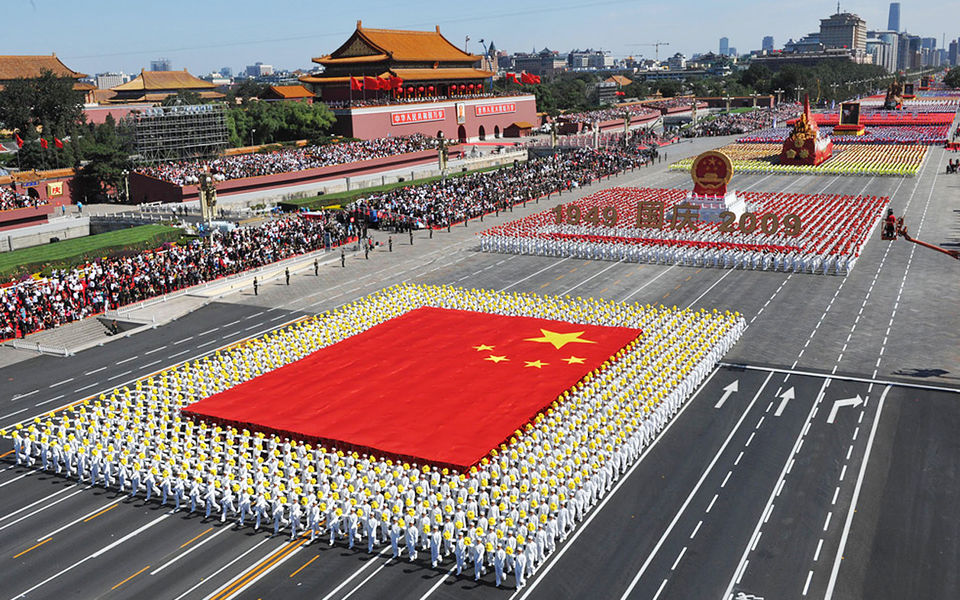The May 2019 issue of boundary 2, a journal of literature and culture, is dedicated to the theme “Critical Space and Contemporary China.” Alongside texts about the history of the Chinese revolution and the role of the intellectual in China today, there is an interview with Wang Xiaoming, a prominent Chinese professor and longtime critic of his country’s eager embrace of capitalism. In the excerpt from the interview below, Wang discusses how the intellectual culture of China has changed over the past few decades, as the country has ascended to world-power status.
WXM: …The 1990s orientation, in short, was a negative and pessimistic outlook. In the last twenty years, the situation has changed greatly, in all respects. For the situation of intellectuals themselves, there have been two main changes. First, the composition of the intellectual stratum has changed greatly. Twenty years ago, those who were considered “intellectuals” mainly worked in humanities and social sciences in the universities and in the research institutions. Today, the intellectual function is dispersed far more widely, and includes television producers, activists in the networked media, expert advisors from the economic and financial sectors who have close ties with the government or business enterprises, including enterprise executives who seek a public forum. And at the same time that these types assume the social role of public address that twenty years ago was the purview of a certain type of intellectual, compared to the earlier period their messages are transmitted more quickly, more widely, and thus are far more prominent. Second, intellectual discourse is more heterogeneous and much more internally divided. Conflicts are intense. For example, anticapitalist and anti- Western modernization discourse is extremely common today, but compared to twenty years ago, voices expressing a resolute faith in the market’s capacity to solve all problems and worship for Western- style democracy are louder than ever, and these voices are commonly quite influential on crucially important central state policies. Disgust with the authoritarianism of the Chinese Communist Party (CCP) and with corrupt officialdom is extremely pervasive, but a positive identification with the nation and CCP is equally salient and includes those who self- consciously speak from a fervently nationalist perspective. Pessimism and dissatisfaction with the present social order is no weaker than it was twenty years ago, but there is also a rapidly spreading identification with China’s “rise,” with an attendant pride in a hoped- for Chinese world supremacy. Chinese intellectuals are far more global in their outlook than they were twenty years ago, but there is a much more pervasive sense of worry and perplexity about the future of the human race and of China. More and more intellectuals are increasingly less content with merely expressing their points of view and are exploring ways in which they can translate their positions into some form of activism. This represents important progress compared with the situation twenty years ago. But on the other hand, the feeling that changing the present situation is immensely difficult—or is even more bleak than that—is extremely common among intellectuals.
Image: National Day celebration in China, 2009.
